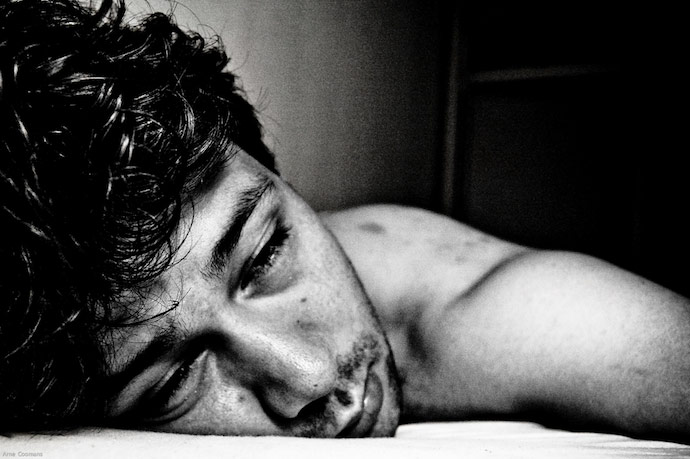Study: Does Lack Of Sleep Cause Weight Gain?

Image via Flickr/ ArneCoomans
Breaking news from the University of Colorado. Lack of sleep can cause weight gain. That bit of news is pretty interesting, but once it’s explained, the study really provides no data we didn’t already know. Healthy participants who slept five hours a night over the workweek with unlimited access to food gained about two pounds per week. But the food, as much as the lack of sleep, caused the extra pounds.
“I don’t think extra sleep by itself is going to lead to weight loss,” said Kenneth Wright, director of CU-Boulder’s Sleep and Chronobiology Laboratory, which led the study. “Problems with weight gain and obesity are much more complex than that. But I think it could help. If we can incorporate healthy sleep into weight-loss and weight-maintenance programs, our findings suggest that it may assist people to obtain a healthier weight.” But further research is needed to test that hypothesis, Wright added.
In the study, which was published March 11 in the Proceedings of the National Academy of Sciences, researchers concluded that participants who stayed awake longer used more energy than they would have otherwise, but ate even more food than could offset the extra calories they burned. Basically, sleeping less doesn’t lead to weight gain, eating more does. Like I said, breaking news.
To conduct the research, 16 young, lean, healthy adults lived at the University of Colorado Hospital sleep suite for two weeks. During the first three days they were all able to sleep nine hours a night and ate controlled meals designed to maintain weight. After that they were split into two groups. One group stayed on the original schedule, and the second group slept just five hours, ate larger meals and had access to snacks throughout the day. After five days the two groups switched.
Participants sleeping five hours a night burned an average 5 percent more energy than those who slept nine hours, but consumed about 6 percent more calories. They generally ate smaller breakfasts and more after-dinner snacks, consuming more calories in evening snacks than in any individual meal.
When people are sleep-restricted, our findings show they eat during their biological nighttime when internal physiology is not designed to be taking in food,” said Wright.
That may be, Wright. But doesn’t common sense tell us that we burn more calories if we are awake longer? Likewise, we need to maintain more will power to fight those bedtime snack urges. Right, Wright?
The study also found differences in how men and women reacted to unlimited food, even with adequate sleep. While men gained some weight when they could eat as much as they wanted, women maintained their weight, regardless how much food was available. Isn’t that called will power? Go women.









































